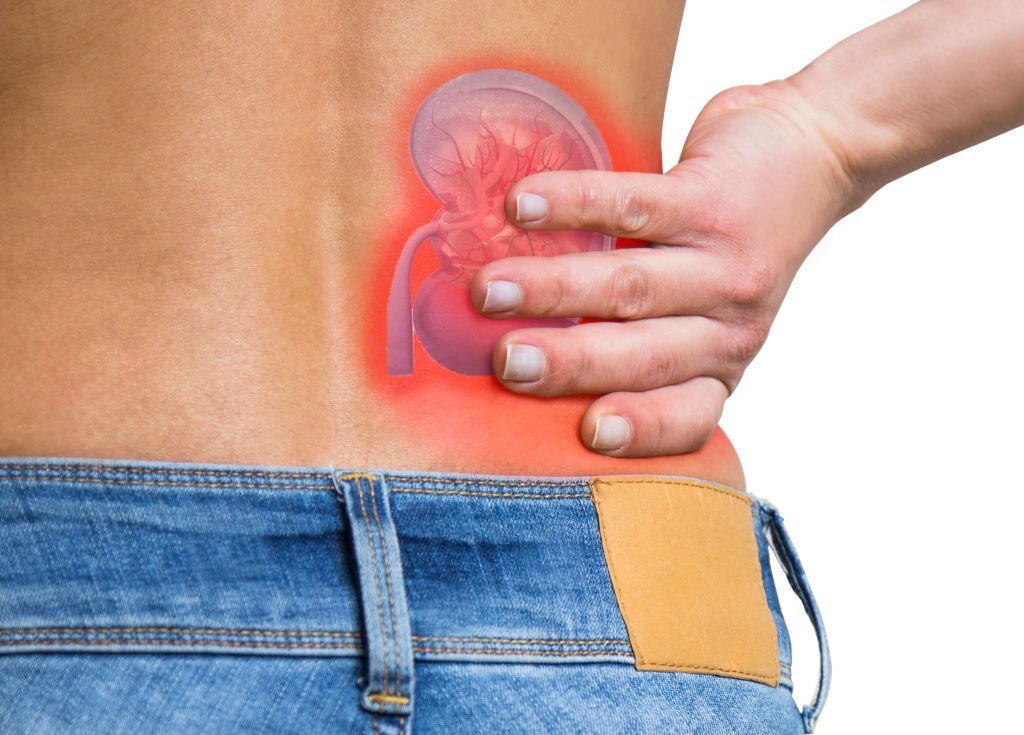Kidney Stone Treatment in Punjab
What is Kidney Stones?
Kidney stones are medically known as renal Lithiasis. These are hard deposits that form inside the kidneys. The reason for the formation of kidney stones is the crystallization of minerals when the urine becomes concentrated. The stones are nothing but deposits of mineral and acid salts. They locate in any part of the urinary tract which includes the kidneys and the bladder. The facility of Kidney Stones removal is available at many clinics.
Kidney stones can cause a lot of pain, especially in the process of passing them. The treatment you require depends on the condition. If the condition is severe, you may require surgery. If the symptoms are not so severe it may only require drinking lots of water. Kidney stones do not cause any permanent damage. Preventive treatment may recommend by the doctor in case you are at risk of recurrent stones. Kidney Stones treatment is available at various clinics in India.
Symptoms
A kidney stone generally does not show any symptoms until it starts moving. It may cause a movement within the kidney or ureter (the connecting tube between the kidney and the bladder. Due to the movement, the following symptoms may occur:
- Pain in the side and back and below the ribs
- Pain in the lower abdomen and groin
- Fluctuating pain
- Pain while urinating
- Foul smell from the urine
- Change in colour of the urine –pink, brown, or red colour.
- Nausea and vomiting
- Increased frequency of urination
- Feeling a persistent urge to urinate
- Feeling of fever and chills due to infection
The pain may shift to a different location or show a different intensity as the stone moves through the urinary tract.
Treatment
The condition needs medical intervention when you experience symptoms such as:
- Severe pain which prevents you from sitting still
- Pain accompanies by nausea and vomiting
- Fever and chills which occur with pain
- Difficulty in passing the urine
- Passing blood in the urine
While small kidney stones do not cause any problems and can treat by a general physician, large kidney stones require attention as they can cause severe pain and problems in the urinary tract. A person with large kidney stones should contact a urologist for his treatment. It is a good idea to go prepared with a set of questions so that you can efficiently use the limited time of interaction you have with the doctor. Kidney Stones removal in India can be carried out at any clinic without any problem.
Before the Appointment
The basic questions that one usually has in mind include:
- Is there a kidney stone in my body?
- If so, what is the size?
- Where is it located?
- What is the type of stone?
- Will medicine be enough for the treatment?
- Do I need to undergo surgery for it?
- Are there any chances of developing another kidney stone?
Small stones with minimal symptoms can clear with drinking water and using pain relievers like ibuprofen or acetaminophen to block out the pain. Medicines like alpha-blockers may also use to help pass the kidney stone quickly and painlessly.
Large Stones with Symptoms
Large stones cannot pass through the system and can cause bleeding or pain. They usually require surgery for treatment.
Use of Sound Waves
Extracorporeal shock wave lithotripsy (SWL) is a technique that uses sound waves to create vibrations that break the stones into tiny pieces, which can pass with the urine. The procedure performs under general anaesthesia and it lasts for 45 minutes to an hour. It causes pain at a moderate level. Another effect it can have is bleeding in the urine, bleeding in the kidney and adjacent organs, and bruising on the back as the stones try to pass through the urinary tract.
Surgery
Percutaneous nephrolithotomy involves the removal of stones using small telescopes which insert through a small cut in the back area. The surgery requires the use of general anaesthesia and it takes around two to three days to recover. This surgery suggests if SWL is unsuccessful or the stone is large.
Use of Scope
In this method, the doctor uses a device called a ureteroscope to locate the stone. The ureteroscope is a tubular structure fitted with a camera at one end. The device can break the stone into pieces after locating it. The doctor may place a stent in the ureter to heal the swelling. General or local anaesthesia might require for the same.
Parathyroid gland Surgery
- Calcium stones perform due to the hyperactivity of parathyroid glands
- The condition may occur due to a tumour in the gland. Removal of tumours from the gland will ensure proper activity and prevention of the formation of kidney stones.
- If any other condition is causing the hyperactivity of the hormone, the doctor will recommend a suitable treatment for it.
Book an Appointment
[contact-form-7 id="4479"]


